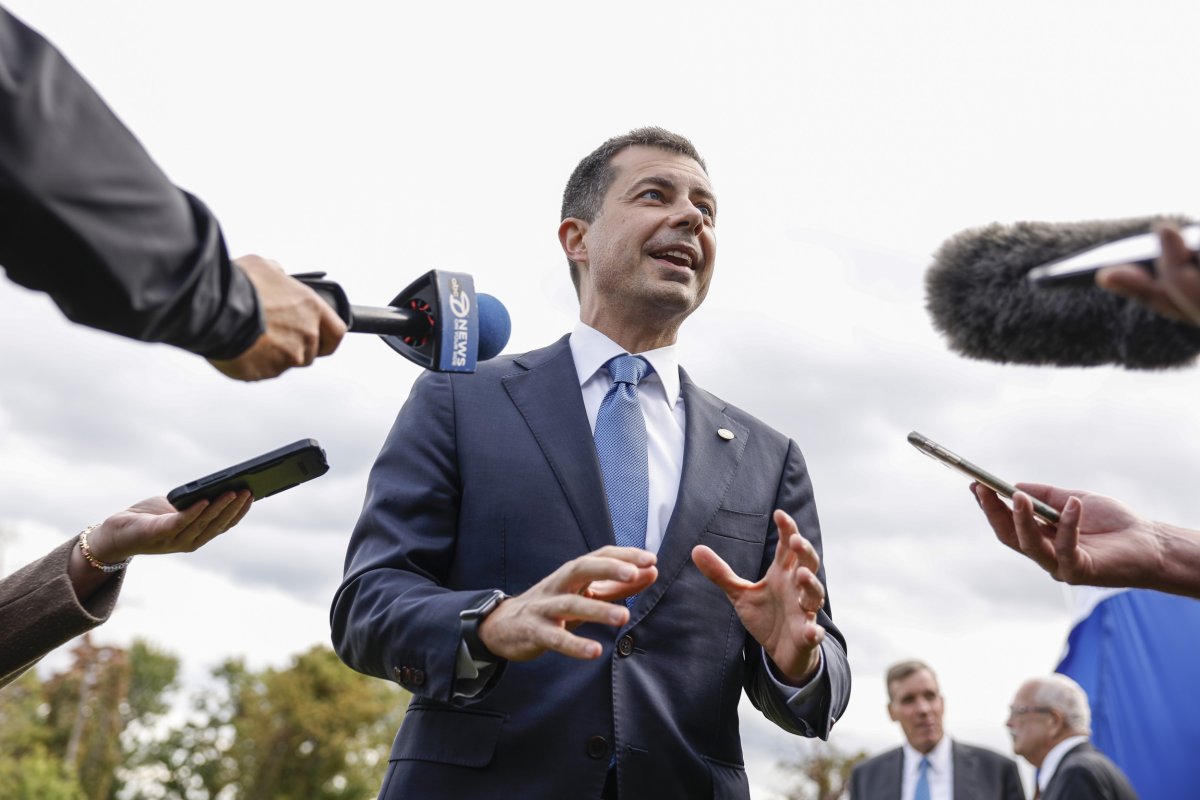
SPARTANBURG, S.C., Nov. 04, 2024 (GLOBE NEWSWIRE) -- This Veterans Day, Denny’s invites active and retired military personnel to America’s Diner to enjoy a complimentary Original Grand Slam® breakfast at participating locations nationwide*.The iconic favorite, featuring two delicious and fluffy buttermilk pancakes, two crispy strips of our new and improved thicker, crispier applewood smoked bacon, two all-pork sausage links, and two eggs cooked to order, will be served dine-in only, from 5 a.m. (store open) to noon on Monday, November 11, 2024. Veterans and active-duty military can present with a valid military ID or DD 214 to receive this offer.
“Veterans Day is more than just a tradition—it’s a heartfelt occasion for reflection, connection, and appreciation,” said Chris Bode, president and chief operating officer of Denny’s. “As America’s Diner, we are honored to welcome those who have served. Many of our franchise owners, restaurant staff, and support team members are veterans themselves, including me. This day is our opportunity to show respect and gratitude through a shared meal—a small gesture to honor those who have protected our freedom. It’s our way of reminding veterans that they are always welcome at Denny’s.”
Denny’s annual Veterans Day celebration is part of the brand’s broader mission to support communities and create a sense of belonging. Through efforts like the Mobile Relief Diner, a diner-on-wheels that delivers hot meals and comfort throughout the country to communities in need, Denny’s delivers on its brand purpose of feeding people, body, mind, and soul.
For more information or to find a participating Denny's near you, please visit www.dennys.com.
*Dine-in only, cannot be combined with any other offers
About Denny's
Denny's is a Spartanburg, S.C. - based family dining restaurant brand that has been welcoming guests to our booths for more than 70 years. Our guiding principle is simple: We love to feed people. Denny’s provides craveable meals at a meaningful value across breakfast, lunch, dinner, and late night. Whether it's at our brick-and-mortar locations, via Denny's on Demand (the first delivery platform in the family dining segment), or at The Meltdown, Banda Burrito, and The Burger Den, our three virtual restaurant concepts, Denny’s is ready to delight guests whenever and however they want to order. Our longstanding commitment to supporting our local communities in need is brought to life with our Mobile Relief Diner (that delivers hot meals to our neighbors during times of disaster), Denny's Hungry for Education™ scholarship program, and our annual fundraiser with No Kid Hungry.
Denny's is one of the largest franchised full-service restaurant brands in the world, based on the number of restaurants. As of September 25, 2024, the Denny’s brand consisted of 1,525 restaurants, 1,464 of which were franchised and licensed restaurants and 61 of which were company operated. This includes 168 restaurants in Canada, Costa Rica, Curacao, El Salvador, Guam, Guatemala, Honduras, Indonesia, Mexico, New Zealand, the Philippines, Puerto Rico, the United Arab Emirates, and the United Kingdom.
To learn more about Denny's, please visit our brand website at www.dennys.com or the brand's social channels












